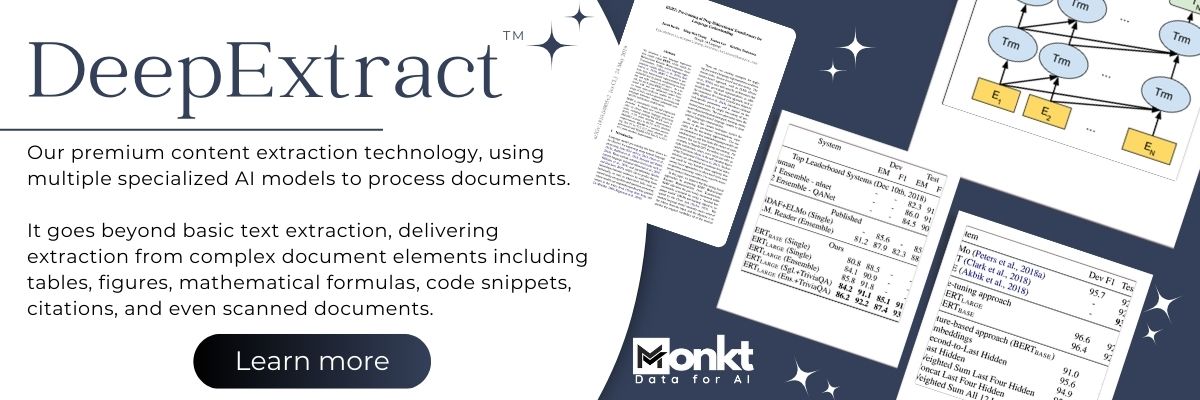Financial Document Automation: Transforming Business Operations in 2025

Financial document automation is revolutionizing how businesses handle their paperwork, turning time-consuming manual processes into streamlined, intelligent workflows. As organizations face mounting pressure to improve efficiency and accuracy, intelligent document processing has become a cornerstone of modern financial operations.
The growing need for Document Automation in financial services
Financial institutions process thousands of documents daily, from invoices and purchase orders to contracts and compliance forms. Traditional manual processing is not only time-consuming but prone to errors that can impact bottom lines and customer satisfaction. Document automation for financial services addresses these challenges by leveraging advanced AI and machine learning technologies to extract, process, and validate information automatically.
How Intelligent Document Processing is transforming finance
Modern financial document automation goes beyond simple text extraction. Today's solutions employ complex AI models that understand document context, layout, and relationships between different data points. This intelligence allows systems to:
- Transform unstructured documents into structured data formats like JSON and markdown;
- Making information instantly accessible and analyzable;
- Process complex financial documents including multi-page invoices, statements, and regulatory forms with high accuracy;
- Validate extracted data against business rules and existing records, ensuring data integrity and compliance.
Real-world impact and ROI
Organizations implementing document automation for finance are seeing remarkable results. For instance, processing times for invoices have been reduced from hours to minutes, with accuracy rates exceeding 95%. This translates to:
Significant cost savings through reduced manual processing Faster payment cycles and improved vendor relationships Better cash flow management and financial forecasting Enhanced audit trails and compliance documentation
Best practices for implementation
Successful implementation of financial document automation requires a strategic approach. Start with high-volume, standardized documents like invoices or statements where automation can make the biggest impact. Ensure your chosen solution offers:
- Advanced OCR capabilities for handling various document formats
- Customizable data extraction schemas to match your specific needs
- Secure processing with encryption and compliance features
- Integration capabilities with existing financial systems
The future of financial document processing
As intelligent document processing continues to evolve, we're seeing emerging trends that will further transform financial operations. AI-powered systems are becoming more sophisticated, offering features like:
Natural language understanding for complex document interpretation Automated compliance checking and risk assessment Real-time processing and integration with financial workflows Predictive analytics for financial planning and decision-making
Making the transition
For organizations looking to embrace financial document automation, the key is choosing the right solution and partner. Look for providers offering comprehensive support, proven accuracy rates, and the ability to scale with your business needs. Consider starting with a pilot project to demonstrate value and build internal buy-in before expanding to broader implementation.
Conclusion
Financial document automation represents a crucial investment in operational efficiency and competitive advantage. As technology continues to advance, organizations that embrace intelligent document processing will be better positioned to meet the challenges of an increasingly digital financial landscape.
By adopting these solutions, businesses can transform their document-heavy processes into streamlined, efficient operations that drive value and growth. The future of financial services lies in intelligent automation, and the time to begin that journey is now.
Related articles:
